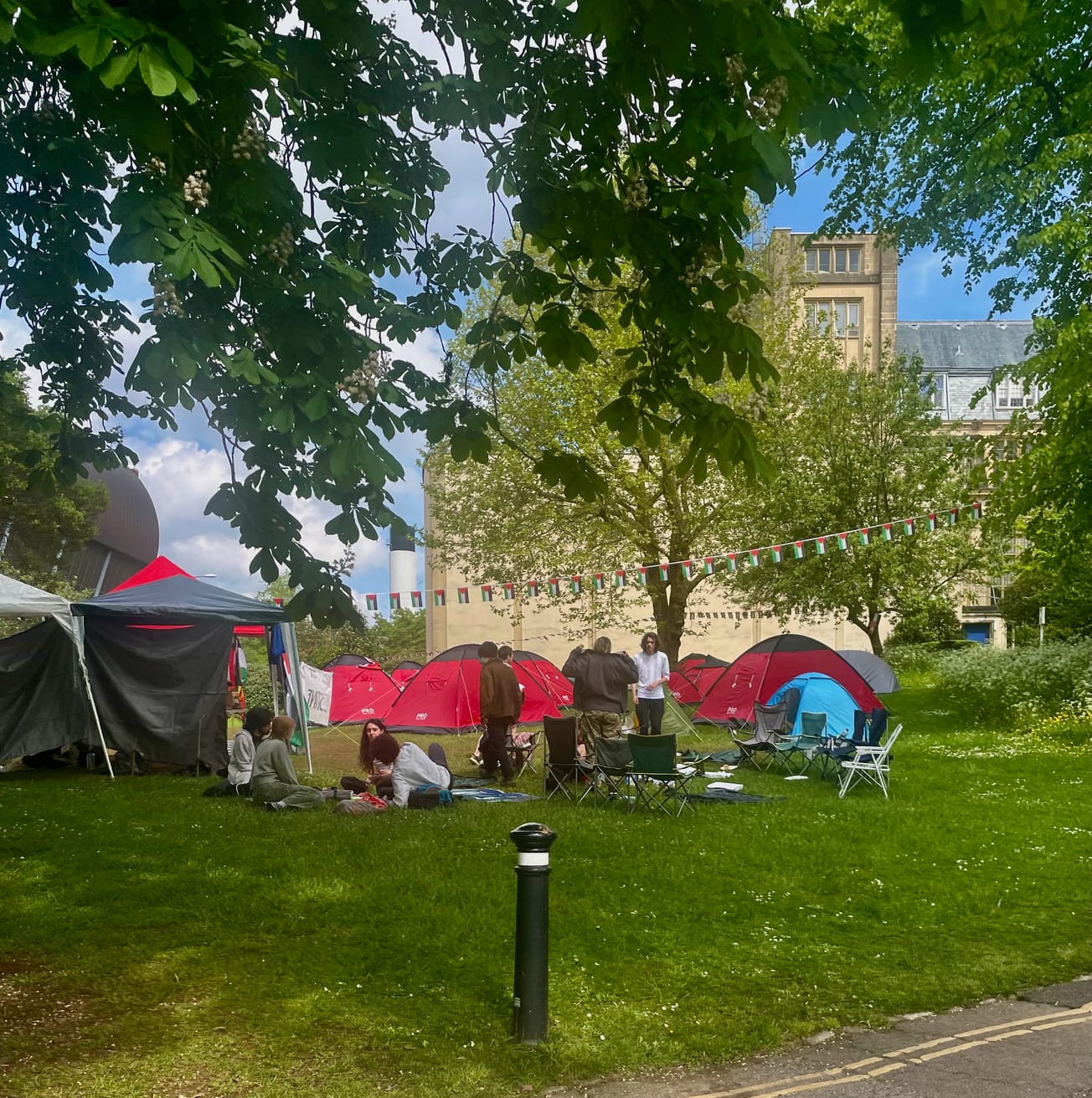By Milan Perera, Second Year English and Community Engagement
Prior to the release of her fourth studio album 30, Adele issued the taster track ‘Easy On Me’ - but she certainly did not go easy on this album.
She is back with the flair and fire usually associated with her; the much anticipated 30 is a chart-topping showstopper on both sides of the Atlantic, where sales soared within first week of its release and toppled all other contenders, including Abba’s comeback album Voyage.
All of Adele’s albums are interspersed by considerable breaks, but these long periods are hardly passages of inactivity. She is a volcano, lying dormant for years only to explode at the right time with a stream of red-hot molten emotions. 30 was released in the aftermath of the much-publicised divorce from ex-husband, Simon Konecki. Unsurprisingly, the music press and the fandom coined 30 as the ‘divorce album’. The 12 track album is an unapologetic kaleidoscope of emotions where at times the singer pulls no punches.
The album kicks off with the mellow reverie ‘Strangers By Nature’, written as a homage to Judy garland after watching the Oscar winning biopic Judy, where the singer takes flowers to the cemetery of her heart for all her lovers.
Lead single ‘Easy On Me’ starts as a gentle piano ballad accompanied with bass drum beats and then soars into quintessential Adele-esque power ballad, where she tries to explain to her nine-year old son her separation from his father, pleading for him to ‘go easy’ on her.
Next, ‘My Little Love’ is a self-lacerating confession to her son describing her confused state of mind in the aftermath of her divorce. The song samples a voice clip of 9-year-old Angelo and adds an extra layer of poignancy. The track is an unmistakable nod to 70’s Jazz, incorporated with elements of British Hip-Hop, notably Skepta.
‘Easy On Me’, ‘Hold On’, and ‘To Be Loved’ are the only tracks that fall within the bracket of Adele style power ballads, where the rest of the tracks are careful sound experiments of varying genres such as gospel, soul, blues and jazz. The end result does not disappoint. For example, in ‘All Night Parking’, Adele incorporates a piano excerpt played by the late jazz legend Erroll Garner and weaves her own vocal tapestry over it.
‘I Drink Wine’ is a self-explanatory and self-effacing track filled with a disarming candidness. She pulls off a trick rarely tried by her contemporaries where each chorus is sung differently infusing various emotions. ‘The Woman Like Me’ doesn’t hold back, with layers of articulated resentment and anger which appear to be a parting shot to an old sweetheart. She retorts‘Complacency is the worst trait to have, are you crazy?/You ain't never had, ain't never had a woman like me. /It is so sad a man likе you could be so lazy’.
The album is a collaborative enterprise with familiar figures such as Greg Kurstin and Max Martin. It also featured contributions of the acclaimed Swedish composer Ludwig Göransson and the Grammy winning producer Shawn Everett.
An accusation often levelled against Adele is that she quantifies her grief and subsequently monetises it. Columnists such as Janet Street-Porter and Piers Morgan have all-out-ranted about her approach to music. But she has answered her critics with the stellar quality of her music which strikes a chord with millions worldwide. It is said that when she was young, she dreamt of becoming a heart specialist; she has certainly achieved it, not with a scalpel but with a crescendo.
Featured image: Columbia Records
What do you think of Adele's new album?








